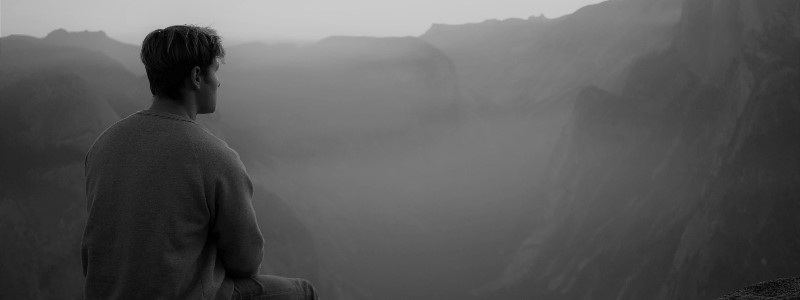How are you at just sitting down quietly by yourself?
Some years ago I completed a mindfulness meditation course and first encountered the philosopher Pascal‘s assertion that, ‘all the misfortunes of men derive from one single thing, which is their inability to be at ease in a room’. Our teacher suggested Pascal referred to the harm caused due to our periodic inability to tolerate the sheer intensity of thoughts and feelings that can rise within us, when no distractions are available.
Having worked through meditation guidance books at earlier times in my life, I found attending this formal course was an enriching way to discover that engaging in mindful meditation could be a useful aspect of my own wellbeing.
The paradox of mindfulness – ostensibly sitting alone not ‘doing’ anything – is that it’s an active practice, requiring our presence in the moment and making it a regular habit in order to be effective. The health benefits of mindful meditation have been increasingly suggested in numerous research studies.
Pioneers such as Jon Kabat-Zinn have taught how cultivating a focused awareness of our thoughts, feelings and physical sensations increases our capacity to tolerate their extremes.
More recently the psychiatrist Dan Siegel has developed his ‘Wheel of Awareness’ practice: a structured meditation session inviting us to develop both awareness and compassion for ourselves that we then extend to our personal relationships, wider humanity and all life in our natural world.
Just as many have found meditation a valuable resource at particular times of stress or crisis in their lives, so psychotherapy has taken its place as an important activity that addresses the challenges we face in seeking to be at ease with ourselves.
And for this activity we might turn to the insight of another giant of French thought, Montaigne, who wrote, ‘The greatest thing in the world is to know how to be oneself.’
In the therapeutic process we move beyond sitting with ourselves into a particular kind of beneficial relationship. The therapy room offers us a space where we can enlist the full attention of another person – a trained therapist – who is professionally committed to helping us explore those aspects of ourselves that can be hardest to uncover and often too painful to encounter by ourselves.
And just as meditation is called a ‘practice’, so psychotherapy is often referred to as ‘the work’ in an acknowledgement of the purposeful regularity of this process of deeply supported self-examination.
If the goal of mindfulness is to achieve a greater sense of wellbeing though cultivated awareness, it seems to me the aim of psychotherapy is to help us truly know not who, but as Montaigne suggests, how we are in the world. Only by understanding much more about how we have come to think, feel and act in the way we do can we begin to understand how we might choose to be different.
To enquire about psychotherapy sessions with Chris Horton, please contact him here, or to view our full clinical team, please click here.
Chris Horton is a registered member of the British Association for Counselling & Psychotherapy (BACP) and a psychotherapeutic counsellor with experience in a diverse range of occupational settings. He works with individuals (young people/adults) in private practice. He is available at our Lewes and Brighton & Hove Practice.
Further reading by Chris Horton
